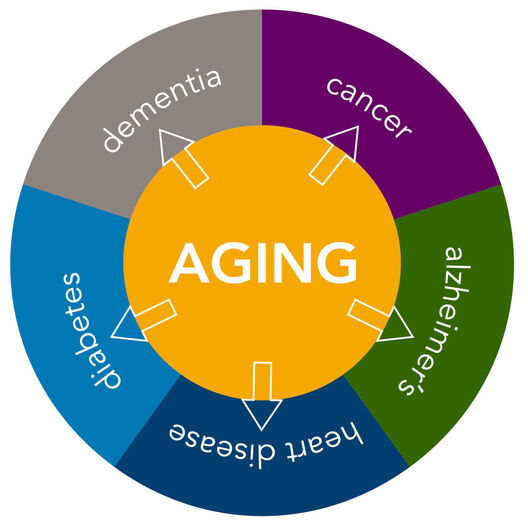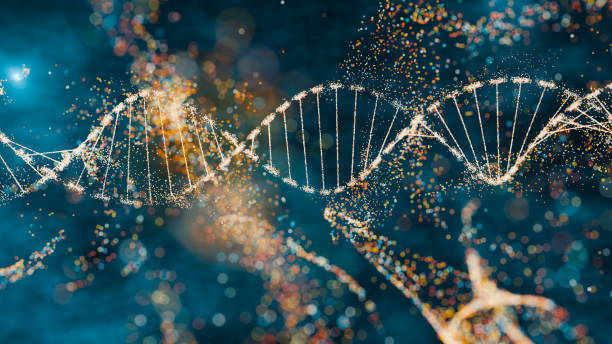Biological Age vs Chronological Age
One of the key concepts in longevity medicine is the difference between biological age and chronological age. There are a number of factors that can influence biological age, including lifestyle choices, genetic factors, and exposure to environmental toxins. By understanding the difference between chronological age and biological age, it is possible to target interventions specifically at those factors that are contributing to accelerated aging. This, in turn, can help to slow down the aging process and improve quality of life. There are a number of different therapies that we offer at Premium Men Heath that can help to improve longevity and quality of life.
Chronological age is the number of years a person has been alive. Biological age, on the other hand, is a measure of how well a person’s body is functioning. It is possible for someone’s chronological age to be different from their biological age. For example, a 60-year-old who is in good health and has no chronic diseases may have the biological age of a 40-year-old. Similarly, a 30-year-old who smokes cigarettes, doesn’t exercise, and has high blood pressure may have the biological age of a 50-year-old.






